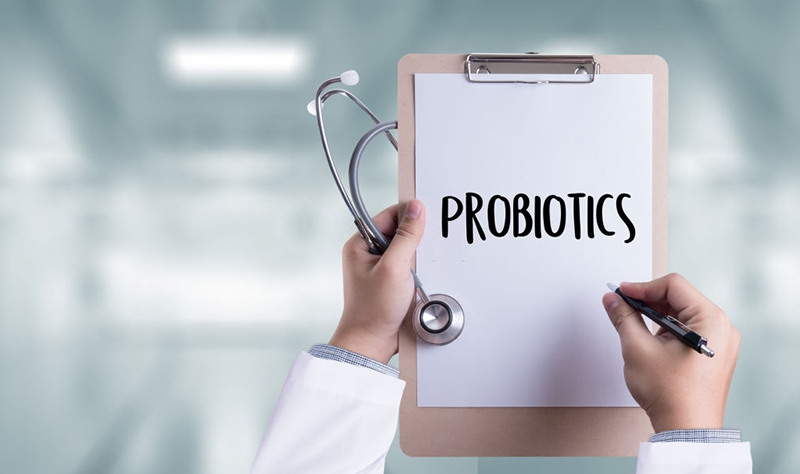Supercharging Your Brain with Probiotics: The Latest Discoveries
Did you know that the health of your gut microbiome may be directly linked to the health of your brain? Recent studies have shown that probiotics, the good bacteria that live in our digestive system, may have a direct impact on our cognitive function.
The Gut-Brain Connection
Research has shown that the gut and the brain are closely interconnected. The gut has its own nervous system, known as the enteric nervous system, which communicates with the brain via the vagus nerve. The gut is also home to trillions of microorganisms, including bacteria, viruses, and fungi, collectively known as the gut microbiome. This microbiome has been shown to play a crucial role in regulating our immune system, metabolism, and even our mood.
Recent research has also shown that the gut microbiome may play a role in our brain function. Studies have shown that changes in the gut microbiome can alter brain chemistry and lead to changes in behavior and cognitive function. In fact, researchers have coined the term “microbiota-gut-brain axis” to describe the relationship between the gut microbiome and the brain.
Probiotics and Brain Function
Probiotics are beneficial bacteria that live in our digestive system. They are often found in fermented foods, such as yogurt, kefir, and sauerkraut, as well as in dietary supplements.
Research has shown that probiotics may have a direct impact on our cognitive function. One study found that taking a probiotic supplement improved mental clarity and decreased negative thoughts in healthy volunteers. Another study found that probiotics improved memory function in healthy elderly individuals.
Animal studies have also shown promising results. One study found that feeding mice a probiotic-rich diet improved cognitive function and reduced anxiety-like behaviors. Another study found that probiotics improved memory and learning in rats.
How Probiotics Impact the Brain
While the exact mechanisms behind the gut-brain connection are still being studied, researchers have identified several ways in which probiotics may impact brain function:
- Reducing inflammation: Probiotics have anti-inflammatory effects, which may help reduce inflammation in the brain and improve cognitive function.
- Regulating neurotransmitters: Probiotics may help regulate the levels of neurotransmitters in the brain, such as dopamine and serotonin, which are important for mood and behavior.
- Producing short-chain fatty acids: Probiotics produce short-chain fatty acids, which have been shown to improve brain function and reduce cognitive decline.
Choosing the Right Probiotic
Not all probiotics are created equal, and choosing the right one can be challenging. When choosing a probiotic supplement, it’s important to consider the following factors:
- Strain specificity: Different strains of probiotics may have different effects on the body, so it’s important to choose a supplement that contains the specific strains that have been shown to be effective in clinical studies.
- Clinical evidence: Look for a supplement that has been clinically tested and shown to be effective in improving cognitive function.
- Quality control: Make sure the supplement is manufactured by a reputable company that uses quality control measures to ensure the efficacy and safety of their product.
Conclusion
The latest research has shown that our gut microbiome may play a crucial role in our brain function, and that probiotics may be a valuable tool in improving cognitive function and reducing the risk of cognitive decline. When choosing a probiotic supplement, it’s important to choose one that has been clinically tested and contains specific strains that have been shown to be effective.







